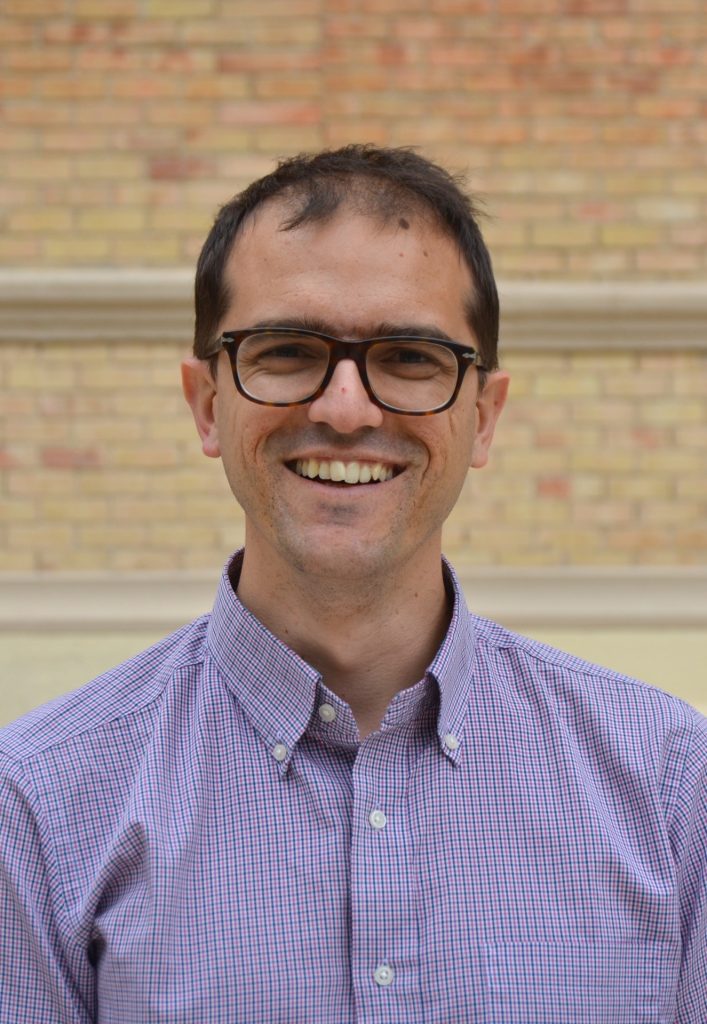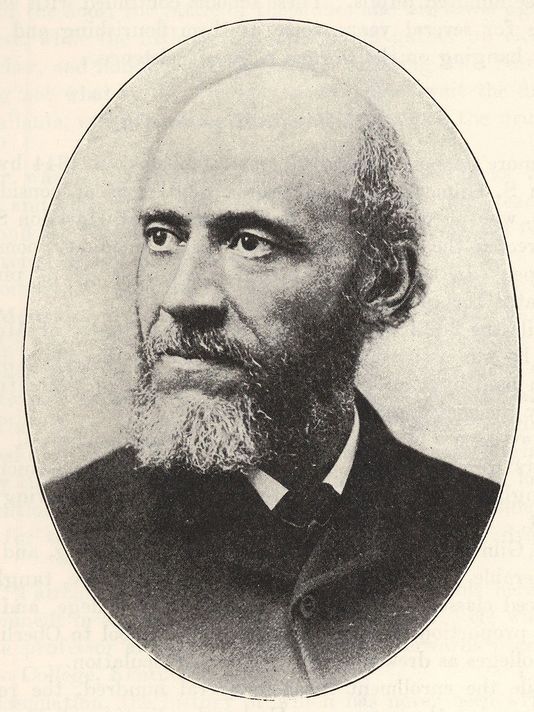In the latest in our series on historians here at Bristol, we caught up with Lorenzo Costaguta to talk race, class and socialism.
Lorenzo Costaguta is a Lecturer in U.S. History. He is a historian of race and class, with a focus on socialist movements in the United States and Europe. At Bristol, he teaches on radicalism in the United States, labour, race, capitalism, and the American empire.
Hi Lorenzo, thanks for joining us! What’s the title of your new book? What’s it about?
The working title of the book is Regardless of Color: Race and the Origins of American Socialism.
It is a history of American socialist racial thinking in the last three decades of the nineteenth century. In the book, I argue against the idea that socialism “didn’t exist” or was irrelevant in the U.S. I contend that the American socialist movement was alive and well, and that one of its distinctive feature was its fixation on race.
In the late nineteenth century, American socialists—the vast majority of which were European immigrants—widely debated socialist organizing across racial and ethnic lines, with the objective of creating a genuinely egalitarian society. Although they were rarely successful in their attempts to go beyond their ethnic enclaves, they laid the foundations upon which a distinctively interethnic and multiracial movement was built in the twentieth century.
How did you become interested in the study of socialism and race in the United States?
I guess that what attracted me in the first place was the key question I discuss in my book, namely the long-standing historiographical riddle about why the most capitalist country in the world didn’t produce an equally powerful left-wing/labour social movement.
In the process of researching and writing my book, I found some of the answers I was looking for. Socialism in the U.S. did exist, but its history developed according to the features of the country. The multiethnic and multiracial composition of its working class set it on a path that differed from its European counterparts; capitalist and governmental repression suffocated its chances to grow.
The centrality of race as a crucial aspect of my project grew as the research progressed. In part, because I found myself reading extensively about immigrant United States, in a period in which the boundaries between race and ethnicity were extremely loose and imprecise, as scholars of whiteness have shown. In part, because I realized the extent to which race and class march alongside in shaping labour relations in the U.S.
What is the importance of the history of socialism in the U.S. today? And how important is it to study its history in relation with race?
It’s curious because when I started my Ph.D. in 2012, the first question would have been very difficult to answer. At the time, left-wing politics was almost non-existent in the U.S. I mean, it was there, but surely it didn’t feature in the national news.
Then in 2016 came the first Bernie Sanders primary campaign, and after that the election of Alexandria Ocasio-Cortez, Ilhan Omar, Cori Bush and many other progressive politicians, the boom of the Democratic Socialists of America, the second Bernie Sanders campaign, and so on.
We now live in a moment when democratic socialist politicians are a powerful group in the Democratic Party and have national relevance and visibility. I invite you to look at the racial and ethnic composition of this group: its diversity is a key ingredient of its success. Studying American socialism, and intersecting it with a focus on race, is crucial to understand how we got here.
What advice would you give to a student interested in socialism and race in the U.S.?
First of all, I would tell them: excellent choice!
Secondly, I would invite them to broaden their areas of interest and read both about the crucial importance of race as an organizing principle of the history of the United States and about the glorious, but also tragic, history of radicalism in the U.S. Socialism is one of the many strands of political activism that made the country into what it is today. From the movement to abolish slavery to suffragism to gay rights to environmental activism, American radicals really did shape the history of the country.
What’s the best advice you ever got about history?
Something that my PhD supervisor once told and that really stayed with me: that history writing is all about rewriting. The first version of your paper is just the beginning of the process. Only through extensive rewriting you will get to produce excellent scholarship.
This is something I repeat very (too!) often to my students, although I do not expect them to use five years to complete the revisions of their essays, which is the time it took me to revise my PhD into a book….
What’s the most interesting thing you’ve read in the last twelve months?
Evicted: Poverty and Profit in the American City by Matthew Desmond.
It is a Pulitzer Prize-winning sociological study that follows the story of eight families in Milwaukee as they try to make ends meet in a housing system designed to make profit out of them with complete disregard for their personal conditions. A devastating account of the reality of poverty, displacement and suffering of millions of Americans today. The book has links with many periods of the history of the U.S., but its real value is the light it sheds on modern-day U.S.—a rich country with mind-blowing levels of poverty. And the methodology of the study is so incredibly fascinating: Desmond lived for years with the eight families, sharing every aspect of their lives, before writing the book. The level of compassion and care with which the book is written made me really think about what we academics and students can and should do to contribute to our societies’ welfare.
If you had a time machine, where and when would you most want to go?
The amount of possibilities is something that makes my head spinning.
I will stick with my area of academic expertise, and I will say North America before the U.S. existed. A paradise lost. Imagine seeing the San Francisco Bay when the area was inhabited only by the indigenous people and perhaps a handful of Spanish colonists, knowing that one day it would become the global centre of economic production of the world, and one of its most humanized and polluted areas…
What’s your must-do Bristol experience?
I moved to Bristol fairly recently, so I am still very much in love with some classic spots of the city. I live close to the Downs, and when the weather was better I spent so much time there! And the Clifton bridge area is fantastic…
What are you working on next?
A couple of years ago I started working on a project on socialism and race in the Second International (1889-1914).
It is a straightforward expansion of my first book, whose aim is to explore how socialist movements across the world addressed racism at the turn of the twentieth century. The project identifies the socialist Second International as one of the first transnational spaces of confrontation on ideas of race for workers across the world. Founded in 1889 as a loose federation of socialist parties and trade unions, the International gathered workers from Europe, the U.S., parts of South America, Asia and Africa. While socialists rarely discussed race as a distinct issue, they debated closely aligned notions, such as colonialism, immigration and imperialism. By reconstructing these debates and decentring the history of the International through the inclusion of subaltern and colonial voices, my hope is to recast the period in which the Second International existed as a crucial moment when the racialisation of global working-class ideologies took place.
Sounds amazing! We look forward to seeing it… and thanks for joining us, Lorenzo!


